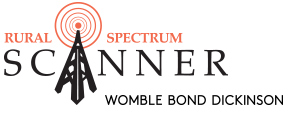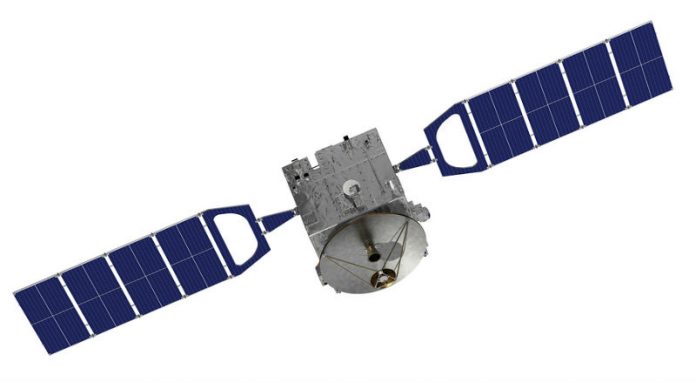The FCC has adopted a Second Report and Order to update the Commission’s rules governing spectrum sharing among a new generation of broadband satellite constellations. Specifically, the FCC has clarified certain aspects of the degraded throughput methodology that, in the absence of a coordination agreement, must be utilized in compatibility analyses by non-geostationary satellite orbit, fixed-satellite service (NGSO FSS) system licensees authorized through later processing rounds to demonstrate they can operate compatibly with, and protect, NGSO FSS systems authorized through earlier processing rounds. The FCC has also adopted a three percent time-weighted average throughput degradation as a long-term interference protection criterion and a 0.4 percent absolute increase in link unavailability as a short-term interference protection criterion. The Commission has declined to adopt additional protection metrics or to adopt an aggregate limit on interference from later-round NGSO FSS systems into earlier-round NGSO FSS systems.
The FCC has also adopted an Order on Reconsideration, denying OneWeb’s petition, which requested that the Commission partially reconsider the sunset period adopted with the inter-round protection requirement in the Report and Order in this proceeding.








